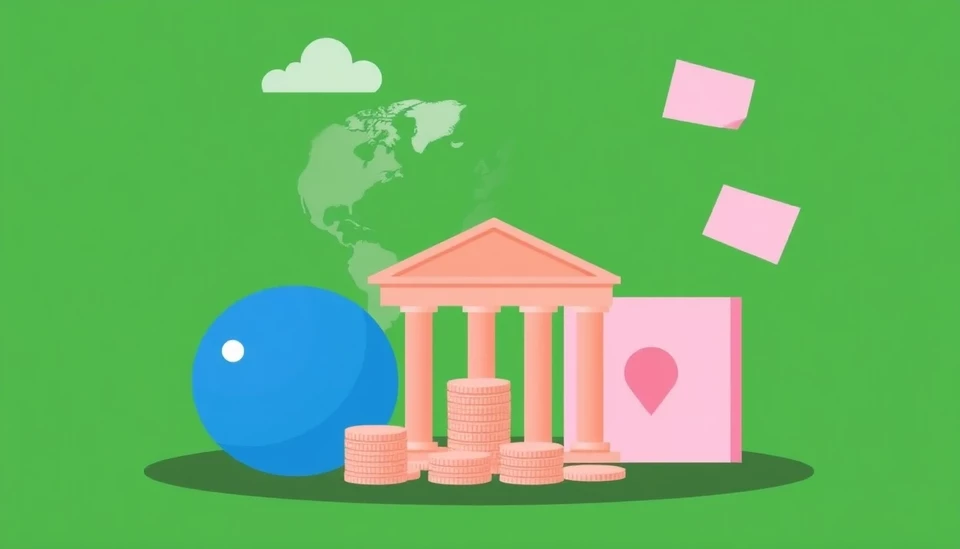
In an urgent response to the alarming rise of debt within non-bank financial institutions, global regulatory bodies are poised to initiate significant discussions and measures in early 2025. This decision is prompted by concerns regarding the burgeoning debt levels that have increasingly become a focal point in financial markets.
The current landscape sees non-bank financial entities—ranging from hedge funds to private equity firms—continuously accruing colossal amounts of debt, which now presents a potential risk to the stability of the financial system. Such non-banking entities have been largely unregulated compared to traditional banks, raising eyebrows among policymakers and stakeholders who fear systemic vulnerabilities.
Regulators, including the Financial Stability Board (FSB) and the International Monetary Fund (IMF), are actively collaborating to create a cohesive framework aimed at monitoring and regulating this sector more stringently. Their objective is to establish guidelines that ensure greater transparency and accountability among non-banking financial institutions, which have gained prominence in the post-2008 financial environment.
This looming regulatory overhaul comes in the wake of a series of financial stresses which have highlighted the opaque nature of non-bank financing. Experts warn that the interaction between rising interest rates and high levels of debt could trigger a cascading effect that might destabilize markets worldwide.
With the economy bracing for potential downturns and interest rates continuing to fluctuate, authorities are keen on preemptively addressing these risks. The regulatory discussions anticipated in 2025 will focus on evaluating the exposure of non-bank entities to risky assets and their overall leverage practices, aiming to cushion the banking sector from external shocks.
While the call for increased scrutiny is gaining traction, there is an ongoing debate about the extent of regulation that should be imposed. Proponents argue that without stringent measures, non-banks could pose a threat not only to themselves but to the broader financial ecosystem. Critics, on the other hand, caution that excessive regulation may stifle innovation and limit access to capital in the markets.
As the financial world watches closely, the upcoming initiatives represent a critical juncture for non-bank financial institutions. How regulators balance these concerns with the need for market fluidity will be crucial as we move into the latter part of this decade.
#NonBankDebt #FinancialRegulation #DebtCrisis #GlobalEconomy #FinancialStability
Author: John Harris




